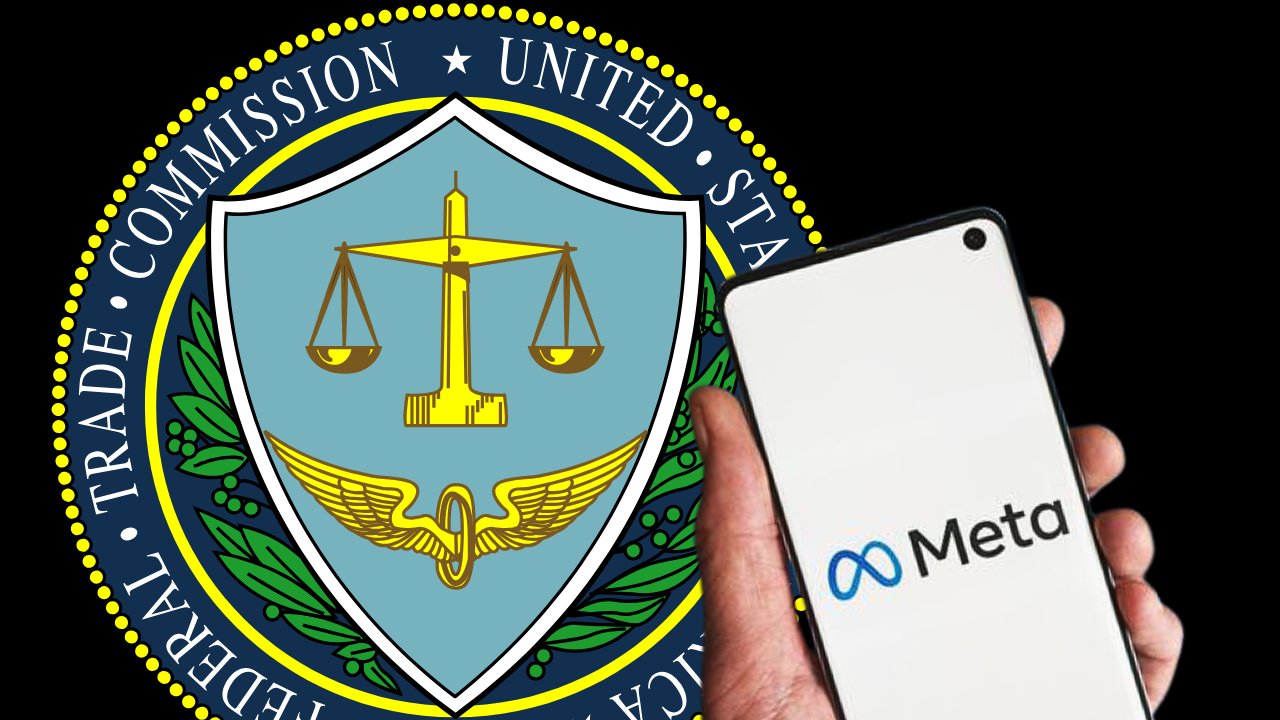The Issue
In May 2017, policy makers in the Republic of Georgia attempted to push through a branding ban on all tobacco products. Despite the importance of the issue, public opinion was neglected in the debate.
The policy measure was triggered by monetary incentives provided by the UK government to the Georgian budget, through the Framework Convention on Tobacco Control 2030 Project. Consequently, having turned a blind eye on the proper consultation process and scientific evidence of the ineffectiveness of such a policy, Georgian MPs set out to quickly pass a law on banning brands, as well as other significant advertising restrictions.
The CCC’s Response
Within 48 hours, the Consumer Choice Center (CCC) deployed a task force of experts and volunteers to set up pop-up stores at highly frequented locations in Tbilisi seeking to show what a world without brands would look like.
Furthermore, six TV stations interviewed the CCC’s experts and several outlets covered this campaign exposing Georgians to what had been planned by their policy makers behind closed doors. Several print and op-ed articles were also published as part of the same campaign.
The Impact
Brand freedom in the Republic of Georgia was saved for at least another five years, when, on July 26, 2017, the Parliament of Georgia passed an amendment to move the deadline for implementing branding bans from January 1, 2018 to December 31 2022.
During the campaign, the CCC used the examples from Australia and France to show that after implementing similar bans, smoking rates did not decline, but the use of counterfeit cigarettes grew, creating more harm for consumers. Since the introduction of branding bans in 2012, the daily smoker rate in Australia has remained steady at 12%. Added to that, at the same time, the market share of illegal tobacco in Australia has risen 30%, as contraband tobacco has become a lucrative avenue for smugglers. This has resulted in over $1.6 billion AUD in lost tax revenue, according to the Sydney Morning Herald.
What Australia taught us is that banning brands does not reduce smoking. It discourages alternatives, and creates a robust illegal trade in the black market.
In France, when a similar policy was introduced, the government promised manufacturers they would be able to buy the remaining, now illegal, packs. To achieve this, they spent €100 million EUR on cigarettes in order to burn them. Smoking rates did not go down in France after the introduction of branding bans either.




